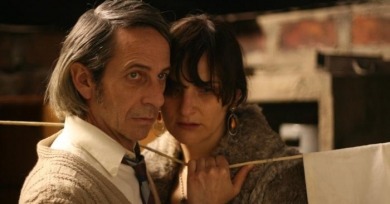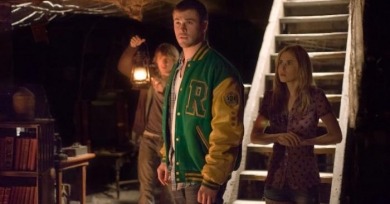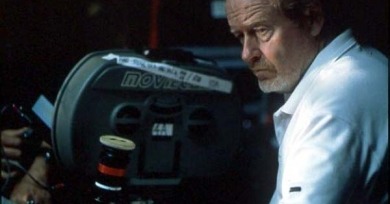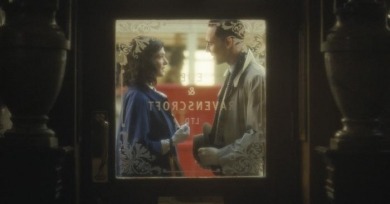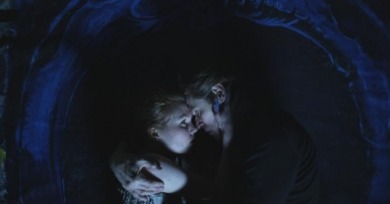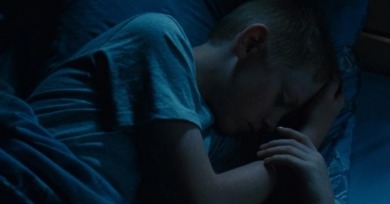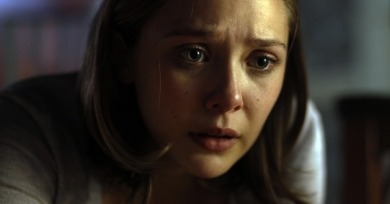Reviews
As time passes, via a steady rhythm of daily business (phone calls, appointments, parties, moping around), grief slowly begins to give way, as it never seemed it would, to a tentative levity.
Post Mortem is only Larraín’s second feature, but he has already proven a distinct style—an unmistakable deadpan—and an interest in political and personal utopias.
Much of Cabin’s delight stems from the many intricate reveals that comprise the narrative’s structure, but the film is far from gimmicky or contrived, relying on the audience’s fluency in the language of horror films to simultaneously revel in and interrogate the established pleasures of the genre.
We Have a Pope has nothing to do with the Pope, much as director Nanni Moretti’s 2006 film Il Caimano, widely regarded as a j’accuse against Italy's controversial Prime Minister, was not really about Berlusconi
What’s most wondrous about his latest film is Davies’s subtle recalibration of his source material, Terence Rattigan’s 1952 play The Deep Blue Sea, into a profoundly felt, even liberated, tale of feminine longing.
Lawrence is pretty good, but it doesn't matter, because to paraphrase Marge Simpson when talking about music, The Hunger Games is none of my business.
Despite the far-reaching moral implications of this premise, Abel Ferrara’s take on the apocalypse is neither catastrophic nor metaphysical in tone.
Sexuality and spirituality make for oddly natural bedfellows in Stephen Cone’s gentle, authentic The Wise Kids. Equally generous to all of its characters in a way that seems borderline radical for an American indie, this is a becalmed work about roiling emotions.
It’s clear now from their six fiction features that whatever the Dardenne brothers point their camera at becomes, for that moment, the most interesting thing in the universe.
John Carter never had a chance. Weeks before the film was released, reports of its impending flameout trickled into trade publications.
Swooping into theaters if only to reaffirm that technical audacity can overcome neither soullessness nor a lack of central logic, Silent House is the latest horror-movie-as-filmmakers’-challenge from Chris Kentis and Laura Lau.
Justin Kurzel doesn’t pull any punches in his first feature. Providing no easy signposts by which to navigate, the filmmaker plunges us without fanfare into sordid depths, based on real events that took place in Australia in the nineties.

